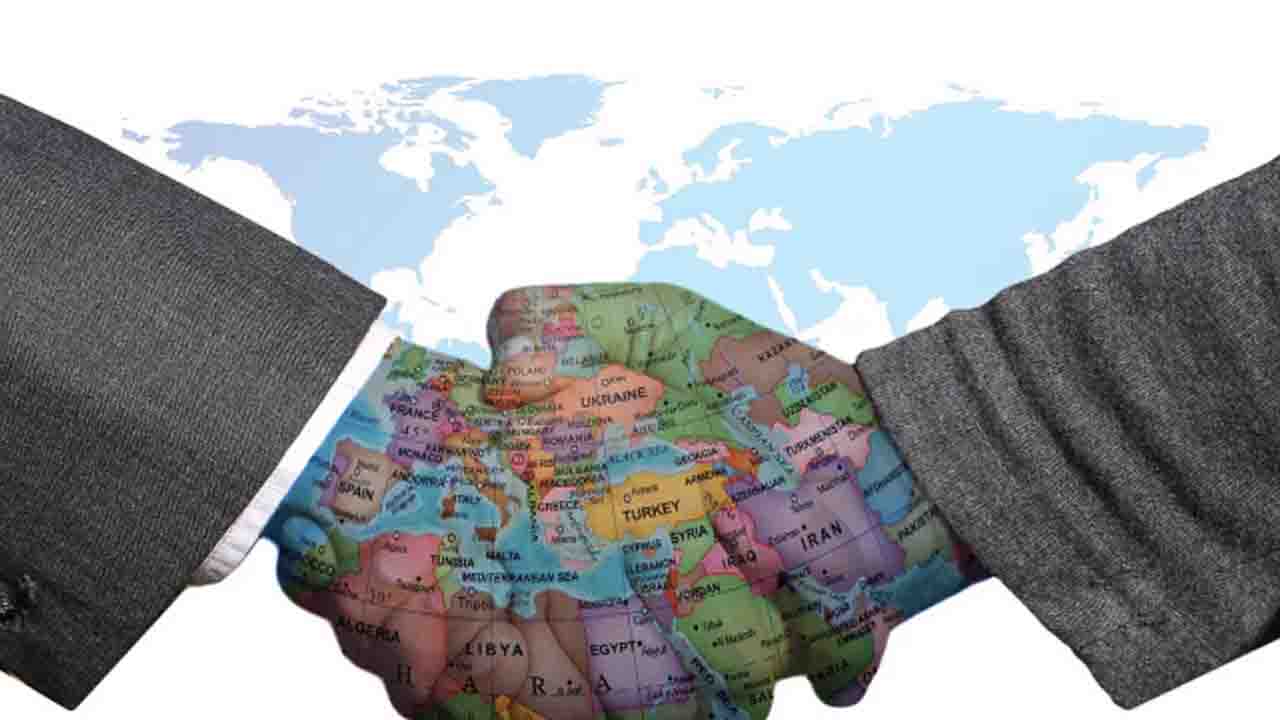
Arcadiadaily – The New Economic Alliance between India, China, and Russia is rapidly capturing global attention as these nations explore unprecedented economic collaboration. Despite ongoing tariff disputes and geopolitical tensions with Western countries, the three governments are actively negotiating frameworks to solidify their positions as major global economic players. Experts estimate that this New Economic Alliance could form an economic bloc worth approximately $54 trillion, rivaling the combined GDP of the United States, European Union, and other leading economies. Analysts note that such a development would not only alter trade dynamics but also redefine investment patterns and diplomatic relationships worldwide. The very announcement of these talks has already led to increased speculation in international financial markets, demonstrating the significant weight this alliance carries.
“Direct Injection Diesel: Boosting Engine Efficiency with Precision”
The push to form a New Economic Alliance is motivated by several strategic factors. India, China, and Russia aim to reduce dependency on Western markets and enhance their influence in global economic governance. Through closer cooperation, the countries plan to strengthen trade networks, create resilient supply chains, and foster technological and industrial partnerships. Economic experts argue that the alliance could act as a counterbalance to existing economic unions. Such as the European Union or U.S.-led trade pacts, signaling a shift toward a more multipolar global economy. Additionally, the partnership could open doors for investment opportunities across Asia, Eurasia, and emerging markets. Providing a platform for sustainable growth and long-term economic resilience.
The establishment of the New Economic Alliance is expected to produce far-reaching effects on global markets. International investors are monitoring developments closely, as this alliance may impact currency valuations, commodity prices, and foreign investment flows. Countries outside the alliance may need to adjust their trade policies to remain competitive. While emerging economies could benefit from increased trade and collaboration with the bloc. Financial analysts warn that this economic shift may challenge existing power dynamics. Compelling developed nations to rethink their strategies in trade, diplomacy, and regional influence. In essence, the alliance represents not just economic consolidation but also a significant geopolitical recalibration in the 21st century.
“Sami Tchak: The Body as a Stage for Human Connection”